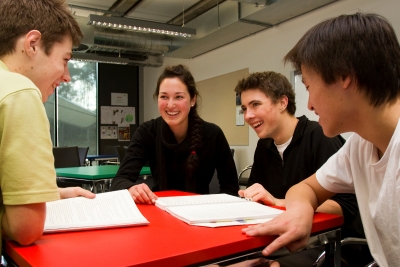A survey published by the Higher Education Policy Institute (Hepi) and YouthSight yesterday found that nine out of 10 students who are entitled to vote have now registered, with 55% intending on backing Labour on the 8th June.
The soar in voter registration rates among students suggests that their vote could play a significant part in next month’s general election. After the Conservatives made strong gains in yesterday’s local elections, the prospect of a Labour victory in June is looking increasingly unlikely. However, the power of the student vote may support the Party to lessen their gap between the Conservatives.
Despite the ongoing internal backlash in Labour as a result of Jeremy Corbyn’s leadership, student support for the party has boosted from 23% in 2005 and 35% in 2015, to 55% in 2017. So, the Party will no doubt be pinning their hopes on increased student turn out, which polls currently suggest will be at 78% – a 9% increase on 2015.
When asked what their most pressing concerns were, the student group voted strongly for EU and Brexit, the NHS, and education. It is fair to say that Brexit has dominated much of the political landscape over the past year, and has continued to be the main tune of the election campaign so far. As a result, the NHS and education have been largely neglected, regardless of the constant warning of a health and social care crisis, as well as highly controversial cuts to school funding under Conservative plans. Combined with the student rejection of Theresa May as party leader, who is far less popular than David Cameron amongst the group, backing for the Conservatives is wavering.
Additionally, despite their strong anti-Brexit stance, the betrayal of tuition fees inevitably continues to overshadow the legitimacy of the Liberal Democrats, with student support for the party trailing very low, at only 12%.
Of course, the student vote can only go so far, and with the result of the local elections yesterday, and with polls and analytics not necessarily translating directly into votes, Labour’s position is in no sense a foregone conclusion.
The younger generation voted overwhelmingly in favour of Remain at the EU referendum, where student turn-out was 87%, so it may be the case that many concerned with Brexit may consider voting tactically.
The snap nature of the General Election has also played a part on the potential significance of the student vote in June. With general elections usually held in May, when students are usually still at University, the 8th June date may mean a shift in students voting in their home towns. The survey suggests that 68% of those who will be voting, intend to vote in their home constituency. As a result, a block vote in a marginal university seats may be affected.
The outcome of the General Election may already be beginning to show, but there is no doubt that the efforts to increase student voter turnout, and the suggestion that they will be largely backing Labour, makes them an incredibly important group of voters to make a potential difference.





